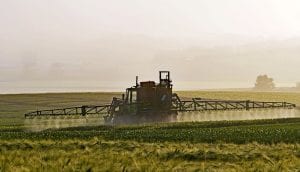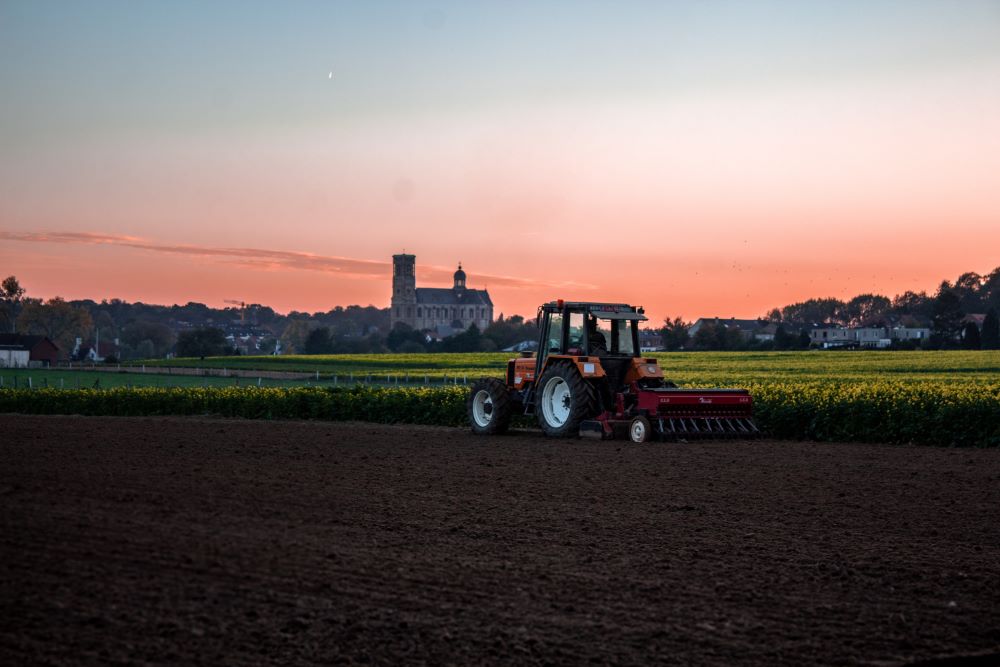Farm safety is a shared responsibility that requires vigilance, proper training, and adherence to safety standards.
Farming is a vital industry that supports our daily lives, yet it comes with inherent risks. Ensuring farm safety isn’t just about protecting livelihoods and understanding the legal responsibilities farm owners and workers must uphold. Accidents on farms can lead to severe injuries, financial losses, and legal consequences. This post will explore the five most common causes of farm accidents and provide practical prevention tips, emphasizing the importance of safety and legal compliance.
Overview of Common Causes of Farm Accidents
Farm accidents can occur due to various factors. Here are the five most common causes:
- Machinery-related accidents
- Falls
- Livestock incidents
- Chemical exposure
- Electrical hazards
Machinery-Related Accidents
Machinery is essential in modern farming but also poses significant risks. Typical scenarios include tractor rollovers, entanglement in moving parts, and maintenance-related injuries.
Prevention Tips
- Regular Maintenance: Ensure all machinery is regularly serviced and maintained to avoid malfunctions.
- Proper Training: Only trained personnel should operate machinery. Provide ongoing training to update workers on safety protocols.
- Safety Guards: Equip all machinery with appropriate safety guards to prevent entanglement and other injuries.
Falls
Falls are another frequent cause of farm accidents, often from heights like ladders, silos, or rooftops, and even slips on uneven ground.
Prevention Tips
- Use Proper Equipment: Always use appropriate ladders and safety harnesses when working at heights.
- Maintain Walkways: Keep pathways clear and in good condition to prevent slips and trips.
- Safety Training: Regularly train employees on safe practices for working at heights and using fall protection equipment.
Livestock Incidents
Working with animals can be unpredictable and dangerous. Typical incidents include kicks, bites, and trampling by livestock.
Prevention Tips
- Understand Animal Behavior: Train workers to understand and anticipate animal behavior to avoid provoking incidents.
- Safe Handling Facilities: Use well-designed pens and handling facilities to minimize direct contact and the risk of injuries.
- Protective Gear: Ensure workers wear appropriate protective gear, such as helmets and boots, when handling livestock.
Chemical Exposure
Farmers often use chemicals like pesticides and fertilizers, which can be hazardous if incorrectly handled.

Prevention Tips
- Proper Storage: Store chemicals in labeled, secure containers away from living areas and food storage.
- Personal Protective Equipment (PPE): Provide PPE to all workers handling chemicals, such as gloves and masks.
- Training: Educate workers on safely handling, applying, and disposing of hazardous substances.
Electrical Hazards
Electrical issues like faulty wiring or equipment can lead to shocks, fires, and other serious accidents.
Prevention Tips
- Regular Inspections: Inspect electrical systems and equipment to identify and fix potential issues.
- Qualified Electricians: Hire qualified professionals to install and repair electrical systems.
- Safety Protocols: Implement strict safety protocols for working near electrical equipment, including insulated tools and protective gear.
Legal Considerations
Ensuring a safe working environment is not just a moral obligation but also a legal one. Farm owners and managers must comply with occupational safety regulations to mitigate liability and protect workers.
- Training and Education: Farm owners must provide adequate training to all employees on safety practices and emergency procedures.
- Safety Equipment: Employers are responsible for providing necessary safety equipment and ensuring it’s used correctly.
- Record Keeping: Maintain detailed records of all safety training sessions, inspections, and incidents. These records can be crucial for legal protection in case of an accident.
- Compliance with Regulations: Stay updated with local and federal safety regulations to ensure compliance. Ignorance of the law is not a valid defense in legal matters.
Farm safety is a shared responsibility that requires vigilance, proper training, and adherence to safety standards. Farm owners and workers can create a safer working environment by understanding the common causes of farm accidents and implementing preventive measures. Additionally, staying compliant with legal requirements helps protect everyone involved and ensures the sustainability of farming operations. Contact a law office like Labine Law Firm for more information. Prioritizing safety prevents accidents and fosters a culture of care and responsibility within the farming community.


Join the conversation!